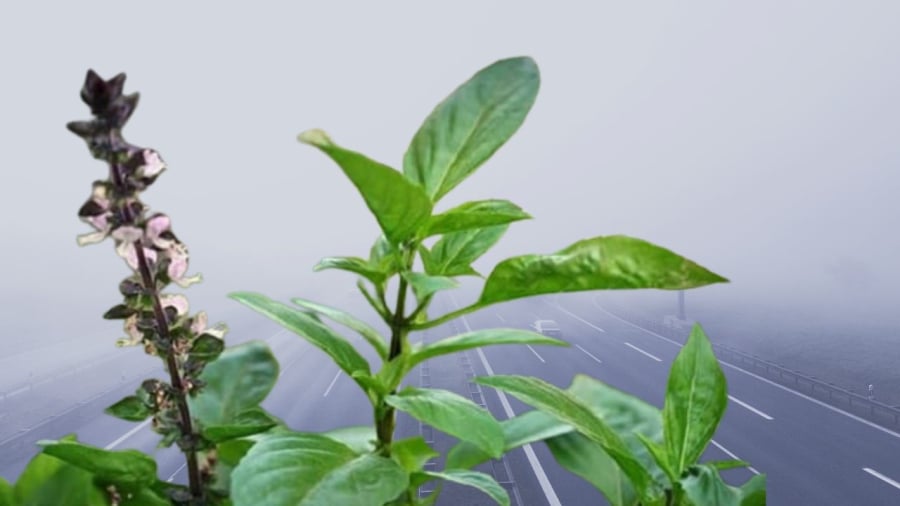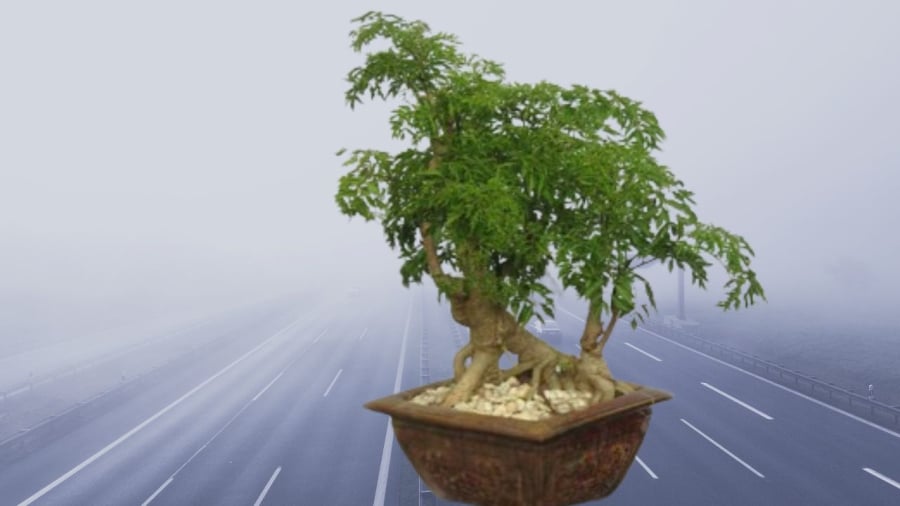Basil: A Fragrant Herb with Cultural Significance and Health Benefits
Basil
Basil is a familiar and beloved herb in daily life, featuring prominently in many dishes. Beyond its culinary uses, basil is also revered for its medicinal properties and cultural significance, particularly in Indian culture. With its distinct aroma, basil is believed to relieve stress and create a calming atmosphere.
Basil is incredibly easy to grow; simply cut a stem and plant it in the ground, and a new plant will flourish. It can be grown year-round, and a single planting can yield multiple harvests. Basil is also known for its ability to repel flies and mosquitoes, making it a natural pest repellent.

Basil: A Sacred Herb in Feng Shui
In Feng Shui, basil is considered a sacred plant, symbolizing purity and positive energy. The upward-reaching leaves are believed to attract wealth and prosperity. Growing basil indoors is thought to bring numerous benefits to the household, including a fresh and pest-free environment, access to nutritious herbs for cooking, and enhanced positive energy in the home. Basil is believed to increase the yang energy of the family.
Lemon Basil
Lemon basil, with its fragrant leaves, is another popular herb with medicinal properties. Commonly used to treat coughs and sore throats, lemon basil is also a key ingredient in mouthwash and certain culinary dishes. Its soft, green leaves with a fine layer of hair resemble the ears of a lucky cat, making it a symbol of good fortune in Feng Shui. Lemon basil is especially auspicious for those born in the year of the Pig with a Wood element. Like basil, lemon basil is easy to grow and thrives in partial shade, making it ideal for indoor gardening.

Vietnamese Coriander: A Versatile Herb with Medicinal Properties
Vietnamese Coriander
Vietnamese coriander, also known as lacinato kale or dinosaur kale, has gained popularity as a culinary herb and salad green. Traditionally, its leaves were used medicinally, but today they are commonly eaten raw in salads, spring rolls, and summer rolls. Vietnamese coriander is also used as a flavorful addition to fish dishes, particularly when cooked in clay pots.
Vietnamese coriander is considered a lucky plant in Feng Shui, believed to ward off evil spirits and bring good fortune to the household. Its ease of growth and maintenance, coupled with its auspicious symbolism, make it a popular choice for home gardens.
Reference information for divination



































